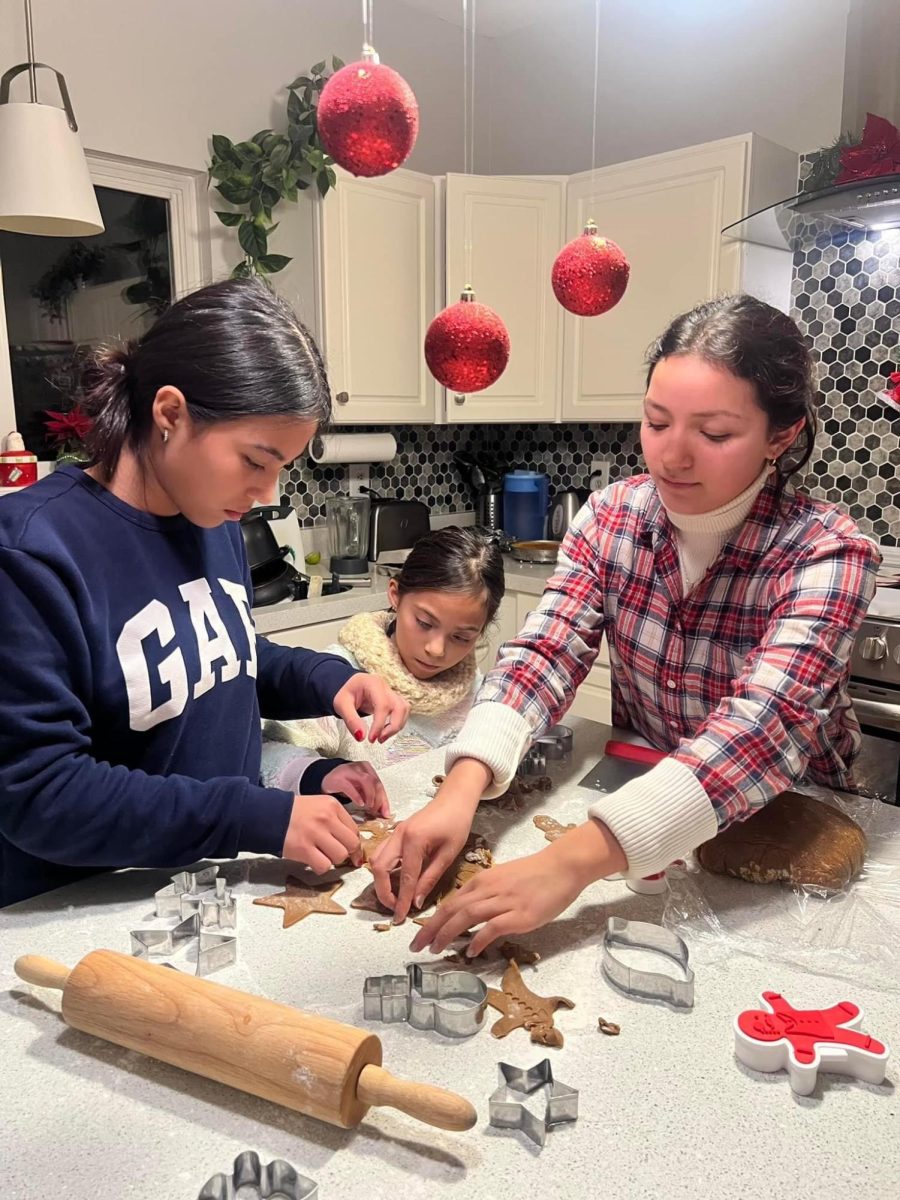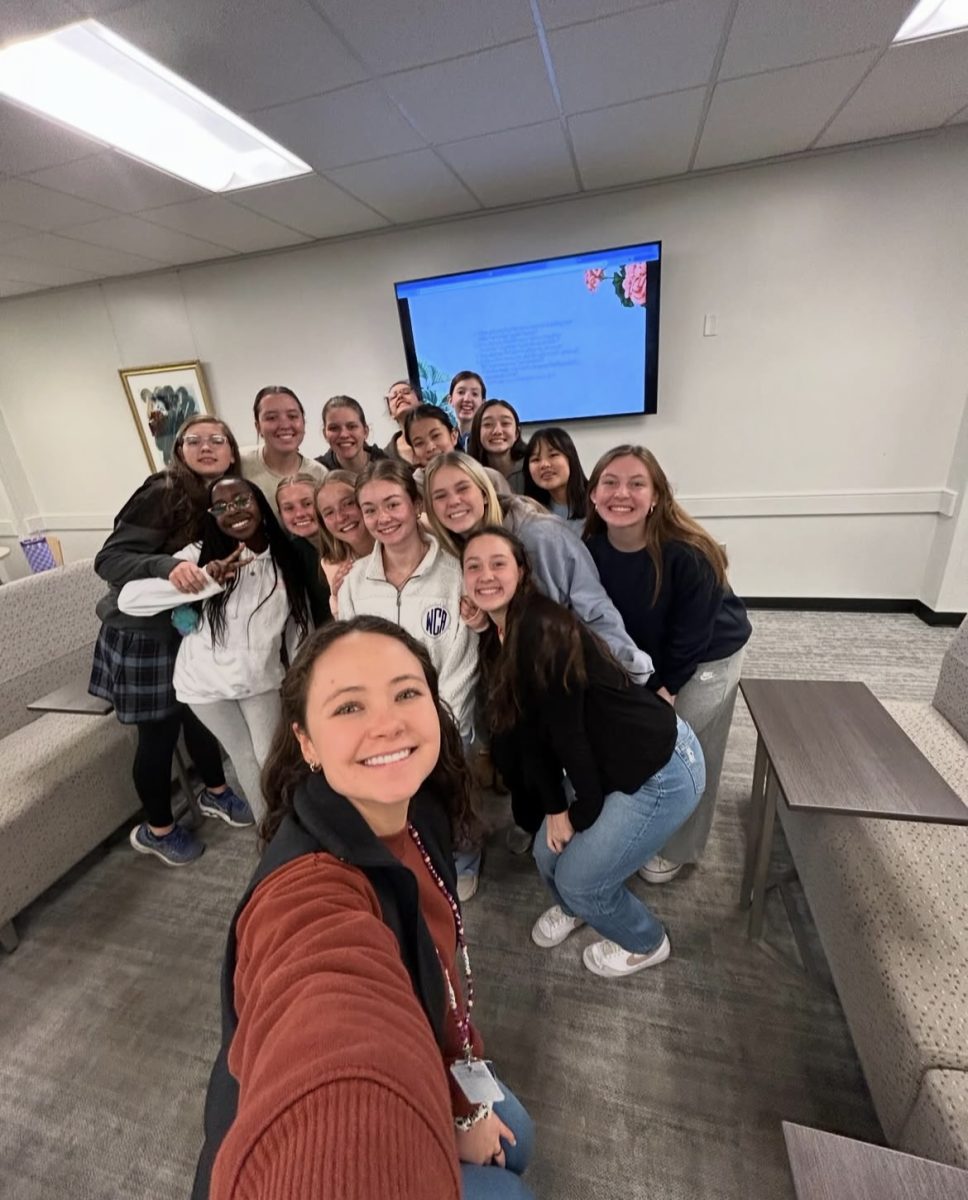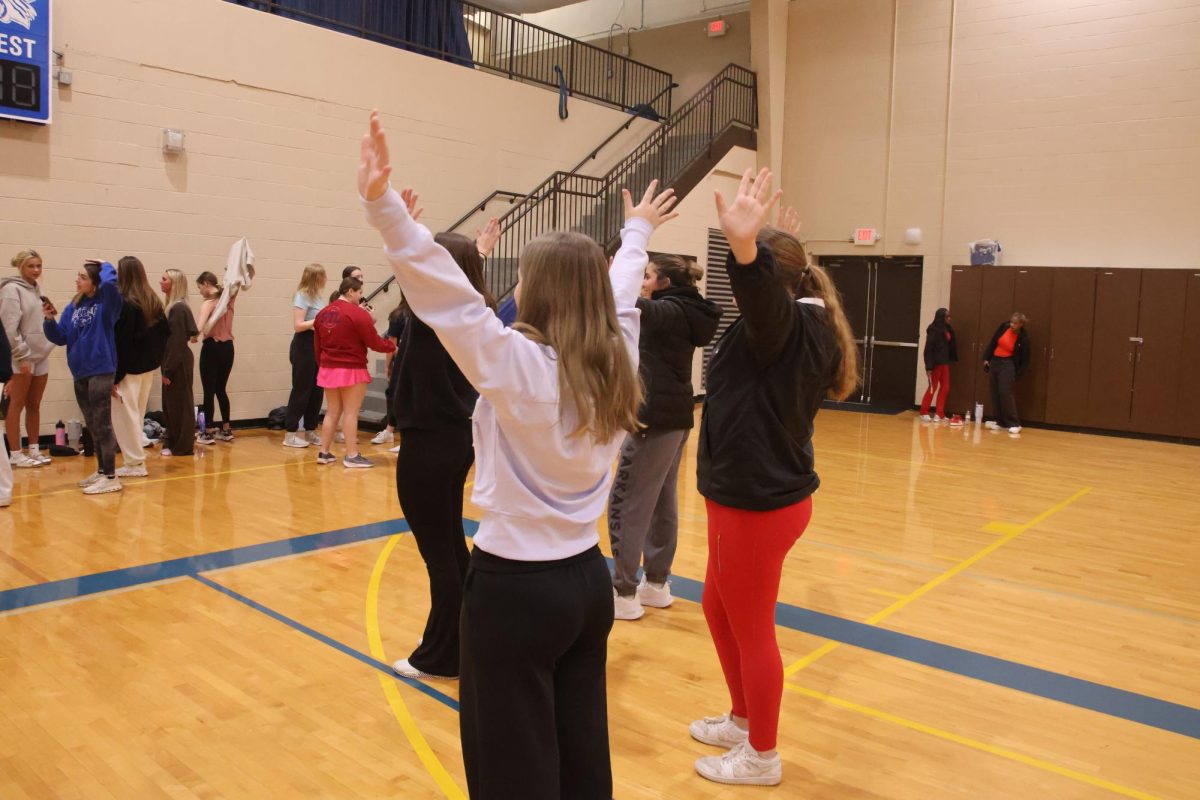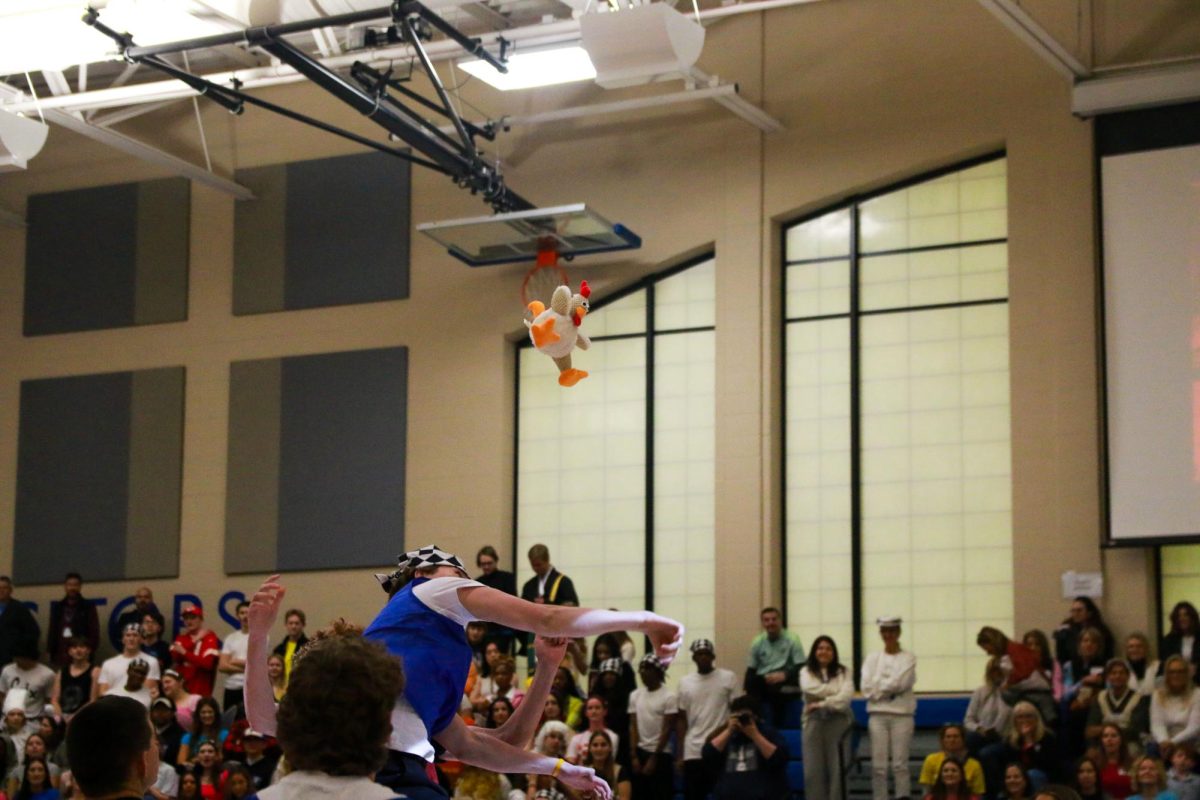Picture this: it’s Christmas Eve. What’s your family doing? For me, my family eats cinnamon donut bites and watches Elf, a tradition that we’ve participated in for as long as I can remember.
Your family might have Christmas traditions that you made, or you may follow cultural traditions. Either way, almost every family has a tradition that they have followed for a long time. Many Westminster students and faculty participate in many interesting traditions that others at the Academy might not know about.
Lizzie Vogel, middle and upper school art teacher, shared a family tradition from her childhood that took place every week. While she didn’t necessarily enjoy it, her dad always helped her, and she knew it was beneficial for her and her sisters.
“My dad had three daughters, and he really wanted us to grow up to be aware of the world and hard workers. […] Every Saturday morning, we were not allowed to sleep in, and we actually worked in the yard. […] My job was to mow the lawn, and I actually started when I was 10.” said Vogel.
Juan Legters, Spanish teacher, shared a wide-spread tradition that he followed when he lived in south Mexico as a child. He participated in this tradition every New Year’s Day with his family.
“If I was in Mexico […] we would have a meal at midnight [with] the family, followed by fireworks. And then you would build what they call the ‘Old Man’ or ‘Old Year’, and it’s basically a figure packed with fireworks. And then you’d light him up, and for the next 15-20 minutes you watch him blow up.” said Legters.
The “Old Man” is said to signify the end of the old year, and it is thought by some to bring good luck. While this activity is outlawed in some parts of Mexico, Legters’s sister sent a picture of the “Old Man” that she built with her husband and their two sons for this New Year.
Aaron Layton, MS Bible teacher and Coordinator for Minority Community Development and Inclusion, started a weekly tradition with his wife and kids during the COVID quarantine of 2020. Faced with the boredom of spending months stuck at home, Layton’s family decided to find a way to make their time together more enjoyable.
“When COVID happened, both of our kids were in college, but they had to come home. […] What we started was Wednesday night dinner, followed by a game of spades […] It was always me and my wife against my son and daughter, and then we would get snacks. […] We’d always have red Twizzlers.” said Layton.
Raquel Herrera, junior, participates in traditions that her Mexican parents passed down to her and her brothers. Along with the traditions, Herrera’s family makes traditional Mexican foods for holidays.
“[We] make tamales on Christmas day, [and we] make Mexican gingerbread cookies during the holidays–they’re called Cochinitos. We [also] eat 12 grapes on New Year’s Eve for the 12 chimes.” said Herrera.
Mariam Zakhary, sophomore, has multiple traditions every year that her Egyptian church community follows. For each major religious holiday, they participate in fasts and special church services.
“Leading up to our Christmas, which is January 7th according to the Coptic Orthodox Calendar, we fast [for] 30-35 days. During this fast, we are only supposed to eat seafood, vegetables, and beans.” said Zakhary.
“During Easter […] we fast [for] 40 days in addition to two weeks in preparation […] The last week of the fast, also called ‘The Holy Week’, we spend […] 7 days preparing for Jesus’ resurrection on Sunday. On the ‘Holy Week’, we have Holy mass every day except Good Friday, while we’re not supposed to eat at all until 5 P.M., when church is dismissed.”
Whether your family has traditions or not, it’s always interesting to learn about other peoples’ traditions and the origin or meaning behind them. If you wish your family had a tradition, start one of your own! Traditions are a meaningful way to spend more time with your family while doing something you love.









